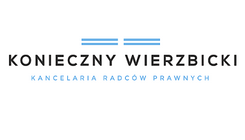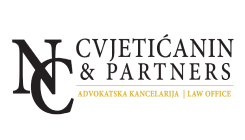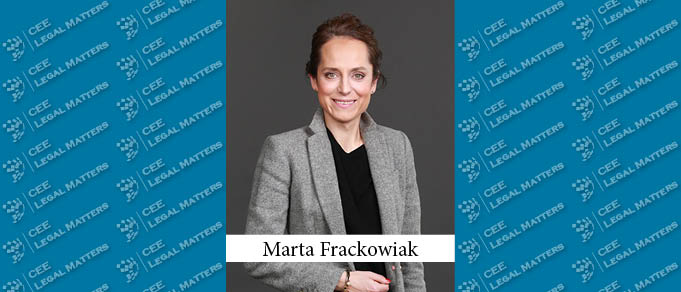In 2023, Croatia’s M&A market faced unexpected challenges on several fronts. Lovric, Novokmet & Partners Partner Mate Lovric and Divjak, Topic, Bahtijarevic & Krka Senior Partner Damir Topic discuss the market’s slowdown in the year behind us.
Slower Times
Lovric’s assessment is that the M&A market in 2023 was “worse than expected.” He highlights the complexities in finalizing deals, which increased considerably compared to previous years. “For instance, in 2023 few deals that came close to closing did not go through which is something we have not really experienced before,” Lovric explains.
Echoing Lovric’s sentiment, Topic attributes the downturn to a “global slump in M&A activities across EU and US,” emphasizing that both the number and size of transactions have fallen short of previous years’ levels. “Transaction value is not even close to the values of deals completed in 2021-2022,” Topic also reports.
Focusing on specific sectors, Lovric identifies IT and tourism as the front runners. Topic expands on this, pointing out the energy sector’s prominence due to the global energy crisis and Croatia’s rich renewable energy sources. According to the latter, there is a “rush to ensure renewable sources for the next stage of energy consumption transformation. Croatia has a vast number of available renewable energy sources – from wind and sun to hydro and geothermal.” Topic adds that “M&A deals have been done in each of the mentioned,” and agrees with Lovric that the IT sector remains buoyant despite economic downturns.
The Cost of Buying Business
Discussing the types of buyers in the market, Lovric reports some deals involving local buyers succeeded. In contrast, others with funds and strategic investors did not. Topic offers a broader perspective, stating that “strategic buyers took the lead over PE funds,” mainly due to the rising costs of financing, which have hit the funds harder. As for the originating jurisdictions, “there are still more foreign buyers than the domestic, and more domestic sellers than the foreign ones who want to go out of Croatia,” Topic stresses.
As Topic notes, the increase in financing costs is a critical factor impacting the M&A market. Lovric explains that higher interest rates reduce the margin of error, making fewer deals attractive. “On the other hand, the sellers are not willing to decrease their price expectations because if their business is ok then why should they decrease the price due to the overall environment – so, the price gap is bigger and harder to overcome,” he adds.
Topic agrees with Lovric, highlighting the adverse effect of rising interest rates on private equity activity: “It also affects all sorts of acquisitions not only because of the rising costs but also because of uncertainty as to where the ceiling for the price of money is. That is to say, some buyers are ready to buy even with these high interest rates – if they would know that this is the same rate available once the deal is completed,” he explains. “From the perspective of a buyer, who has to carry out due diligence and negotiate the deal for months, there is no option to go into a transaction if in three or six months they won’t be able to get the same interest rate as at they could at the beginning of the transaction.”
The New Eurozone Vibe
Lovric believes that while entering the Eurozone has simplified M&A processes by eliminating the need for foreign exchange discussions for EU buyers, “it has not notably increased M&A activity in Croatia.”
Topic views the transition more positively, citing reduced red tape and elimination of exchange risks as significant benefits. “Without this, I believe the situation for M&A would be even worse.”
Looking ahead, Topic offers a cautious outlook for 2024. “The perspective for 2024 remains bleak,” he states based on feedback from his colleagues at the recent International Bar Association conference in Paris. The consensus is that “2024 will probably be a bit better but still not ‘business as usual’ in the M&A sector,” he concludes.
This article was originally published in Issue 10.12 of the CEE Legal Matters Magazine. If you would like to receive a hard copy of the magazine, you can subscribe here.
















